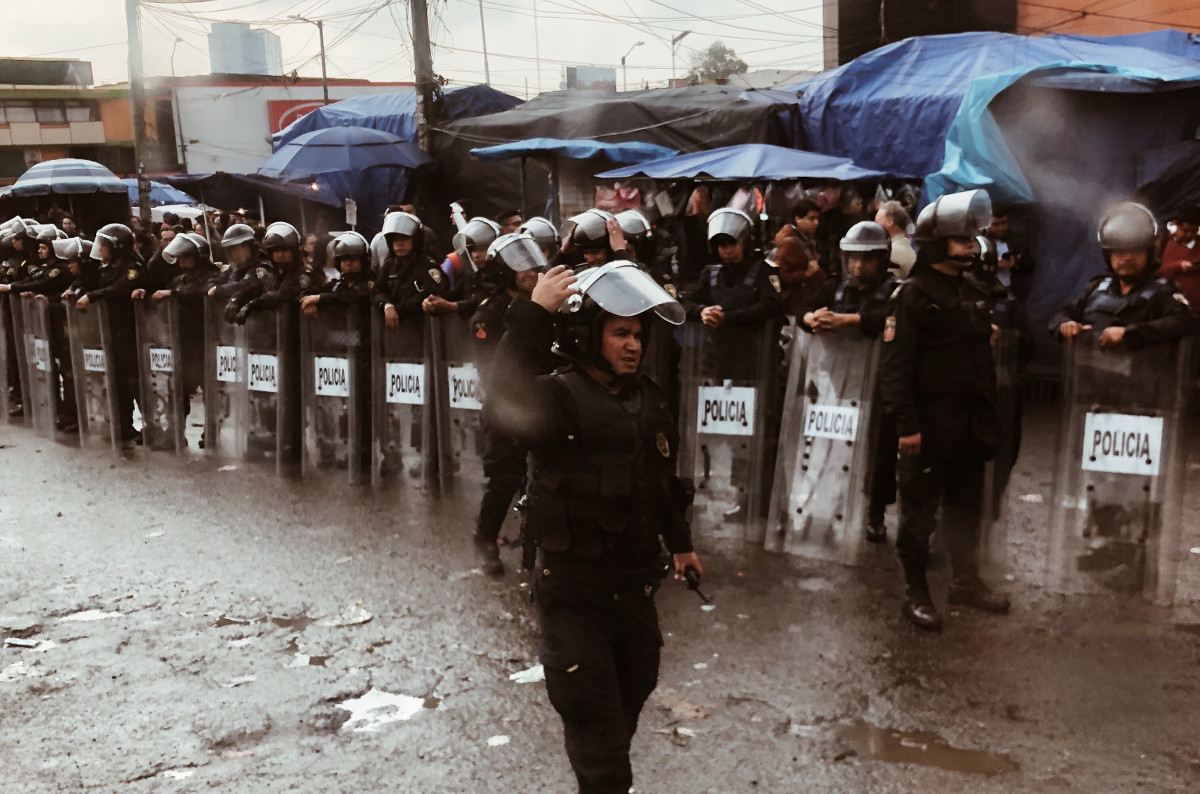At least 4 environmental activists are murdered each week, these are only the reported and confirmed killings but even more likely disappear without being verified. Between 2002 and 2017, at minimum of 1,558 people have been murdered while attempting to protect land, water, and local wildlife — for a sense of scale, this represents about half of the U.S. troops killed in both the Afghanistan and Iraq conflicts during that same period of time. We are now in the midst of a global ecological war where one side is defending life, and the other side is devouring life.
The physical act of murder is being carried out by countless thugs, themselves desperate to survive, but the driving force behind these horrific atrocities is industrial consumerism. The violence is motivated by affluent desires for exclusive furniture, luxury vehicles, enriched confections, and upgraded electronics. In this context, the “affluent” class of humanity is anyone living beyond the subsistence of their basic needs: food, water, clothing, shelter, and basic healthcare. If someone can afford a smartphone and a personal vehicle, they are in the top echelons of global consumerism and they are participating in the cannibalisation of this planet.
When we read these truly horrifying statistics, and when we look at the photographs of the courageous people who have been murdered, our first instinct is to think “how horrible, those corporations and governments are awful.” Yes, they are, truly and profoundly awful — but this is a flawed perspective because it fails to see the forest for the trees. Those governments and corporations are not exceptions to the systems they inhabit, they are embodiments of it. Destroying a single government or a single corporation is utterly futile because, like a hydra, their heads easily grow back. If we genuinely believe that life is worth protecting and that these systems are evil, we must target the underlying infrastructure that feeds the beast of industrial consumerism; this can be done by sabotaging key resources, like rubber, to cause cascading supply-chain failures; or by grinding traffic to a halt in order to disrupt the flow of commerce. The one advantage to attacking such a vast and complex adversary is that those intricate and interdependent systems are profoundly fragile and they are immediately accessible.
Today over 1,600 people have been murdered while attempting to save life on Earth. What will you do to this week to honour their sacrifice?

